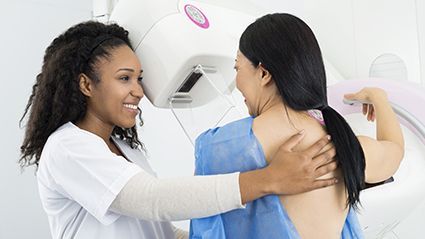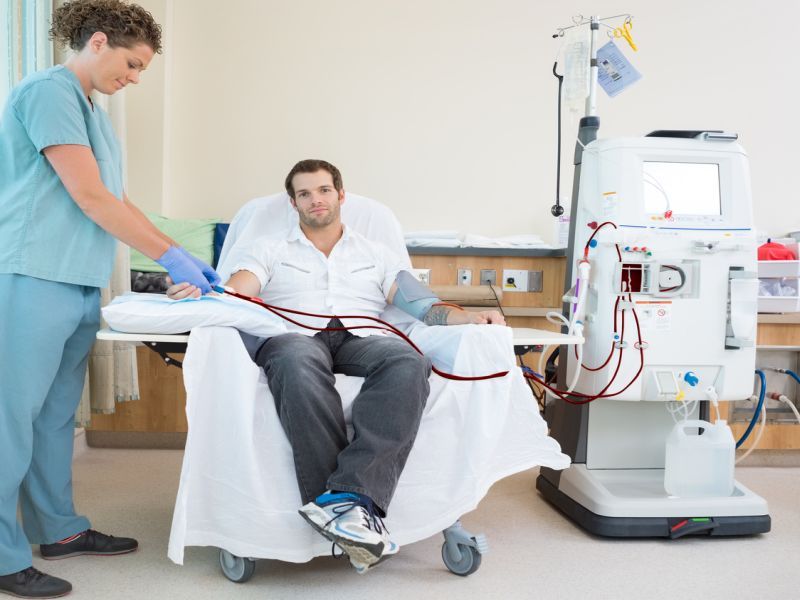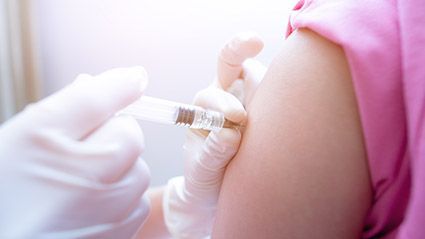
Folks who’ve gotten through a COVID-19 infection might naturally question whether they need to get a coronavirus vaccination when their turn comes. Experts say they really need the shot anyway, because even after having COVID they might be vulnerable to reinfection. “We’re encouraging people if they meet the other criteria to get immunized because we… read on > read on >






























